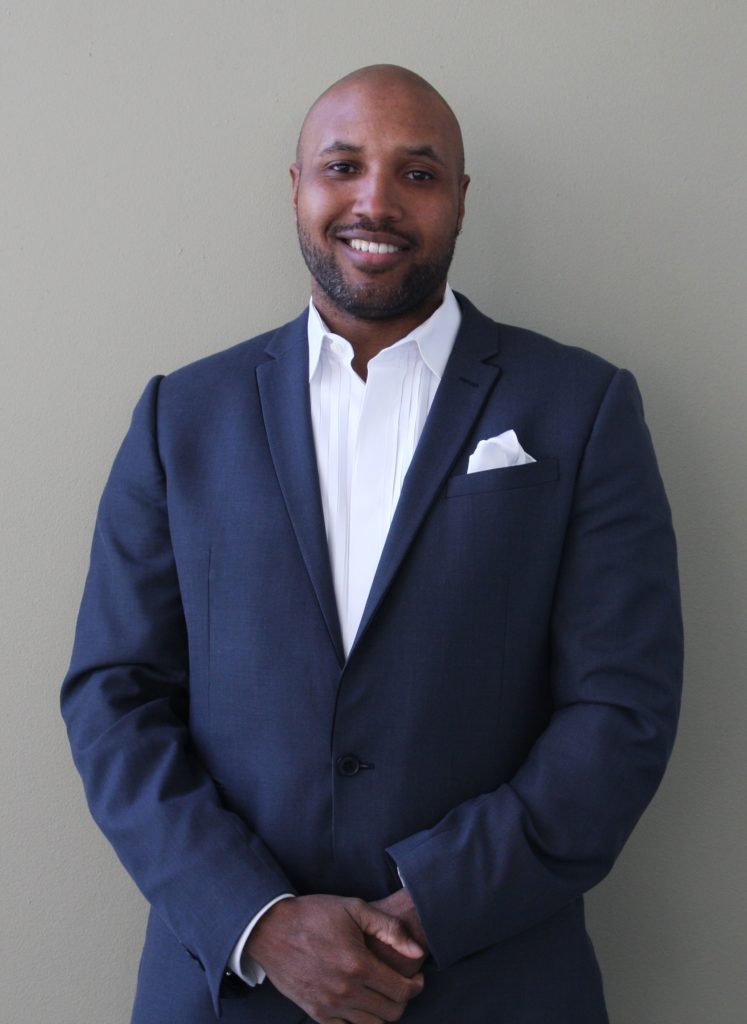The Enterprise Center is creating the funding network its minority founders don’t yet have
 July 11, 2016
Category: Featured, Medium, People, Results
July 11, 2016
Category: Featured, Medium, People, Results
Building a business is a bigger challenge for people of color, many of whom are faced with day-to-day challenges that remain all but unknown to their white peers.
“Even when minority-owned, high-potential businesses recognize the need to grow, accessing the capital required to grow is more difficult, regardless of creditworthiness,” said Gabrielle Wanamaker, Vice President of Business Programs at The Enterprise Center Community Development Corporation (TEC) in West Philadelphia. “An inability to access capital makes it nearly impossible to create a better infrastructure or meet growing demand. Traditional bank loans are hard to get while equity investors are virtually non-existent.”
Minority-owned businesses need “networks of influencers and purchasers,” said Wanamaker, making access to capital even more of a challenge because it relies on building “elusive” personal relationships. That’s no easy task, especially considering the conditions that challenge minorities socially are also present in the business world.
For years, TEC has worked to address those challenges directly (the CDC even made their first equity investment in a minority-owned business earlier this year), and last month, the organization’s lending program ScaleUp graduated its first cohort of 17 minority-owned businesses.
Funded by the U.S. Small Business Administration, the six-month program has already helped its participants procure a total of nearly $750,000 in annual contracts and create eight local jobs.
The program, said Wanamaker, is expected to create an economic ecosystem based on building relationships and providing access to people and opportunities.
“That ecosystem starts with the ScaleUp participants,” she said. “ScaleUp participants purchase goods and services from each other when possible as well as make referrals for new business outside of the cohort.”
Got Laundry founder Ray Wall said the program not only helped him grow his laundry businesses, but helped him grow as an entrepreneur, CEO and leader. ScaleUp helped Wall hone in on his target market by better understanding the data Got Laundry collects.
ScaleUp matched Wall with a mentor, business consultant Richard Matosky, who has helped him develop new marketing strategies and what Wall defined as “financial resources that will provide pathways to capital for when that time is near.”
Those relationships, both between participants and with their mentors, are crucial to building a strong, robust community of minority-owned businesses — one that can continue to flourish by breaking barriers.
Trending News










